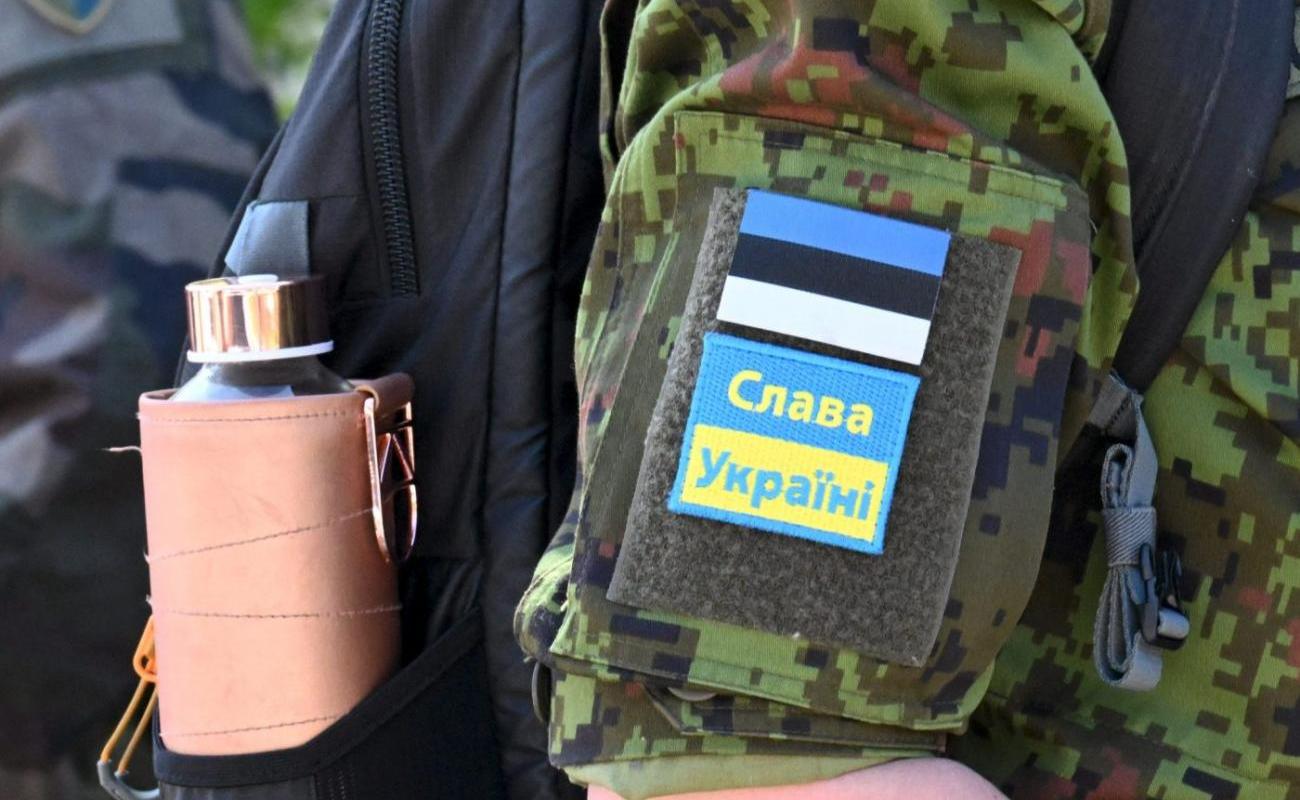Singing the Blues: the Baltics and Ukraine

Gloom, but not doom. That was the defiant message on Ukraine from this year’s Lennart Meri Conference in the Estonian capital, Tallinn. The annual security-policy shindig, named after the country’s revered first president, was notably glummer this year than last. Ukraine is suffering not only battlefield setbacks but devastating attacks on its heating and power networks. These harm the economy now and will be hard, if not impossible, to repair before winter bites.
All the more reason, therefore, to boost military aid: more weapons, of greater lethality, delivered faster. Estonia’s prime minister, Kaja Kallas, featured prominently at the conference. She noted that her country has already committed 0.25% of GDP to Ukrainian military aid for the next three years. “If all countries would do the same, it would lead to Ukrainian victory,” she said. “Ukraine is fighting, losing lives—the only thing they ask of us is reallocation of resources.”
Speaking by video link, Dmytro Kuleba, Ukraine’s foreign minister, praised Estonia as a “paragon” for its stance and help. But participants’ criticism of other countries was scorching. Only strikes deep into Russian territory will prevent the continuing assault by glide bombs, launched from high altitudes 50 miles from the front line. That requires F-16 warplanes (coming, but too few and too late); long-range missiles such as the German Taurus system that the government in Berlin will not provide; and the use of US long-range weapons such as HIMARS and ATACMS. But the Biden administration allows these to be used only on targets in Ukraine’s Russian-occupied territories. Fears of escalation have clearly deterred the United States and other countries from sending the weapons Ukraine needs to win, and indeed, even from stating Russia’s defeat as a war aim.
Ukrainians are paying the price for this now. But dithering and timidity are also doing long-term damage to the reputation of Western alliances in general. An Indian think-tanker, Samir Saran, said that if the US and allies, with a GDP of $40 trillion, could not deal with Russia (GDP: $2 trillion), “you have no chance with China.”
Hanging over the conference was the largely unspoken fear of a catastrophic Ukrainian defeat, with the consequences for the rest of Europe in terms of migration (probably in the millions) and Russia’s next steps. Timothy Snyder is a Yale University historian who is treated as a national hero in many east European countries for his caustic demolition of Kremlin historical mythmaking. He drew parallels with Hitler’s aggression in Europe in the late 1930s. Ukraine was like Czechoslovakia in 1938, he argued. But whereas the Prague government was arm-twisted by the British and French to cave to Hitler, Ukraine had chosen to fight, “extending 1938 for you,” he said.
Snyder also noted that the fall of Czechoslovakia enabled Hitler’s next aggression against Poland. Germany’s war machine benefited from ex-Czechoslovakia’s formidable armaments industry, plus soldiers from the newly-created Slovak puppet state. Russia would similarly use Ukrainian resources in its next war, he argued. Worse, the sight of Russian nuclear blackmail succeeding, Snyder argued, would send countries in Europe and elsewhere scrambling to develop their own nuclear weapons.
The sort of people who go to security conferences in Tallinn and other regional capitals see all this with bleak clarity. It is better to spend money and accept risk now than later, when the costs will be higher and the prospects worse. The problem is how to convince others, highlighting the desperate need for more help, and the disastrous consequences of a Ukrainian defeat, while still maintaining an optimistic tone that victory there is possible. See you next year, maybe.
Europe’s Edge is CEPA’s online journal covering critical topics on the foreign policy docket across Europe and North America. All opinions are those of the author and do not necessarily represent the position or views of the institutions they represent or the Center for European Policy Analysis.
